Empujando la carretilla || Pushing the wheelbarrow

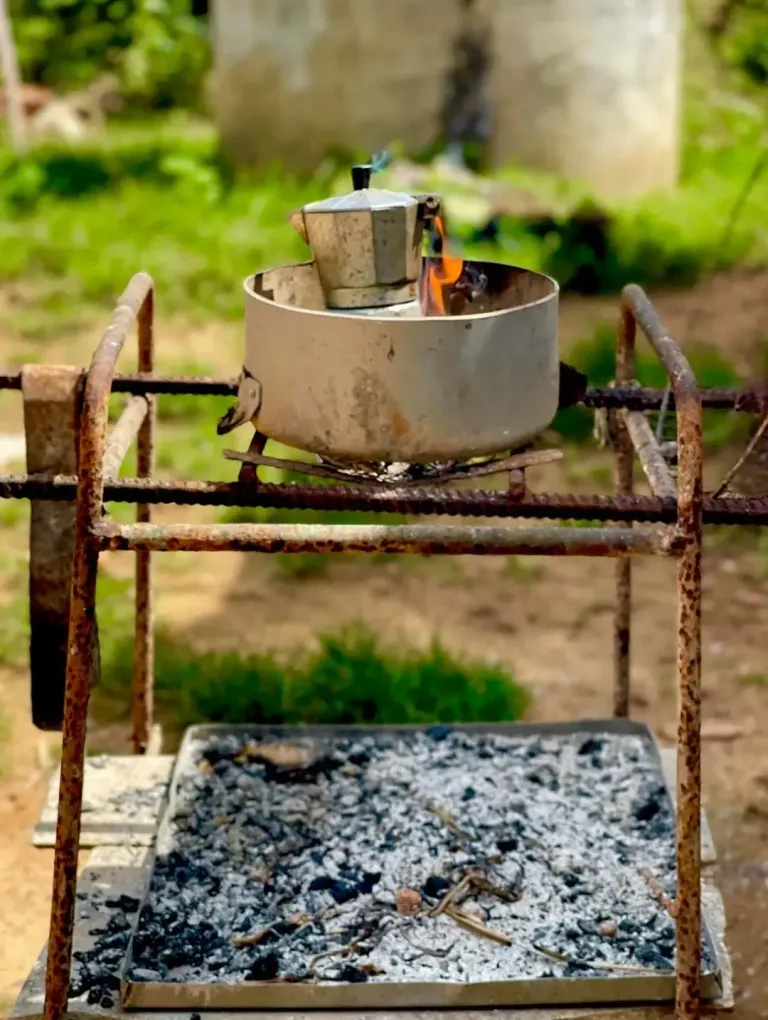

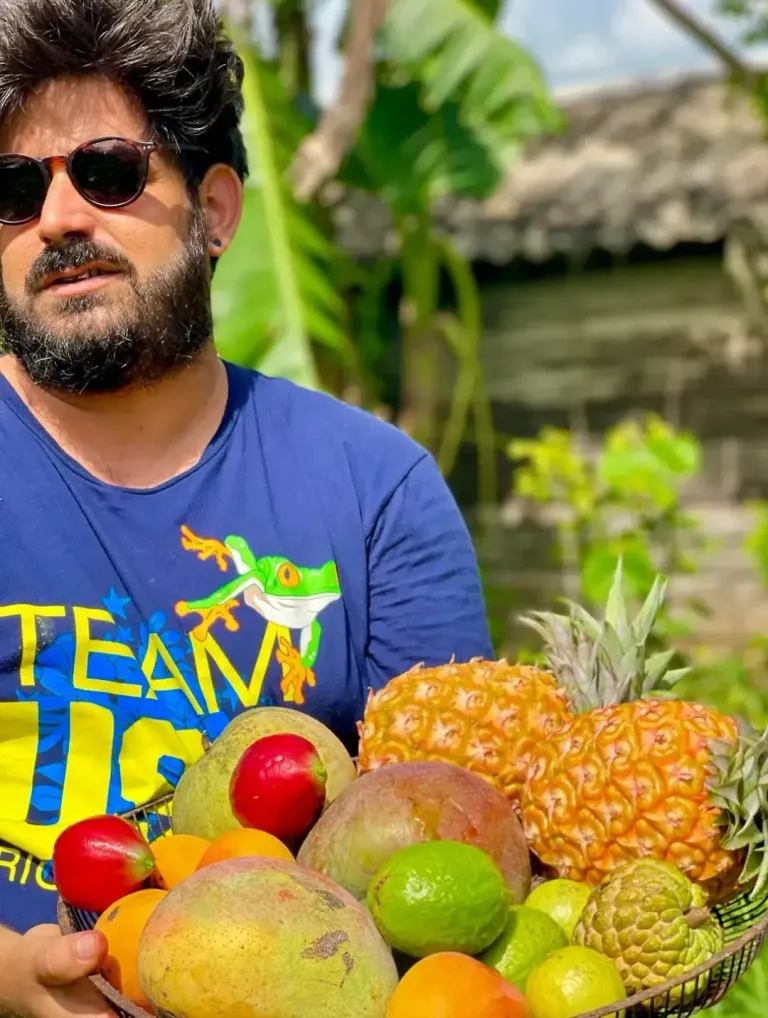
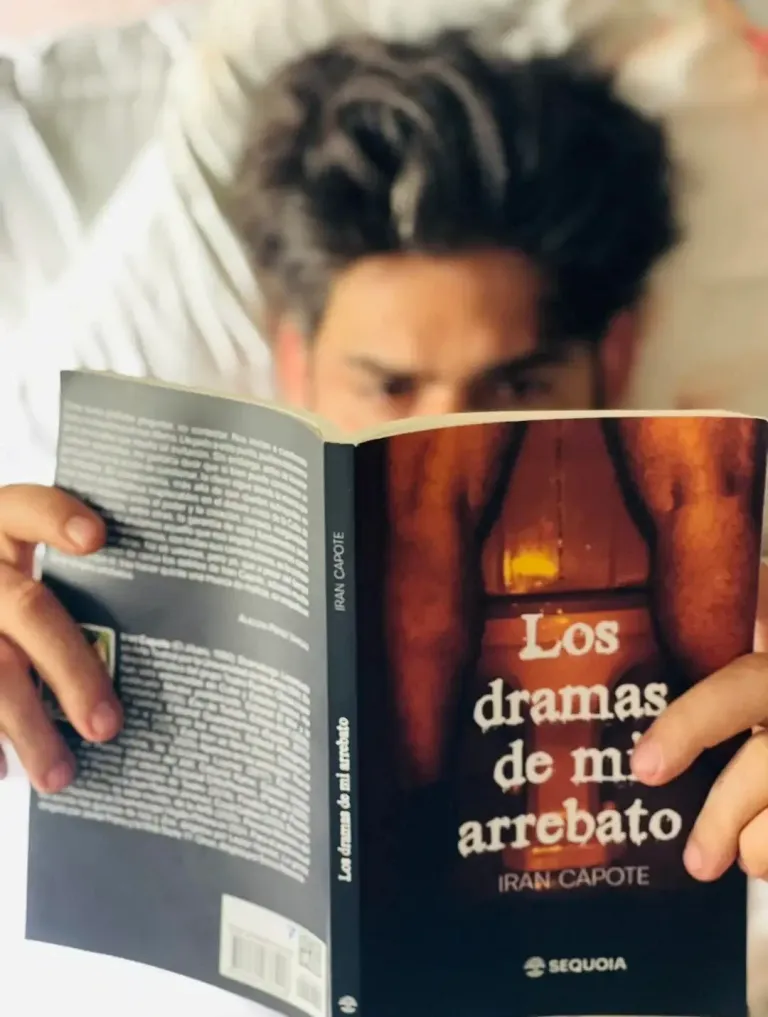
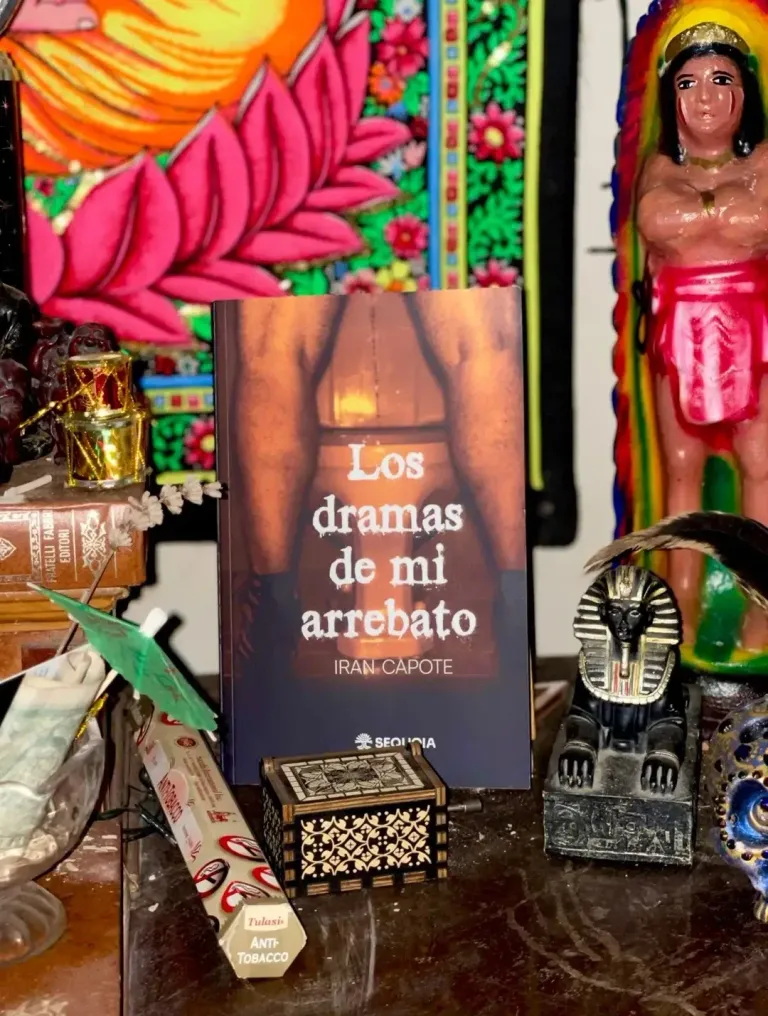
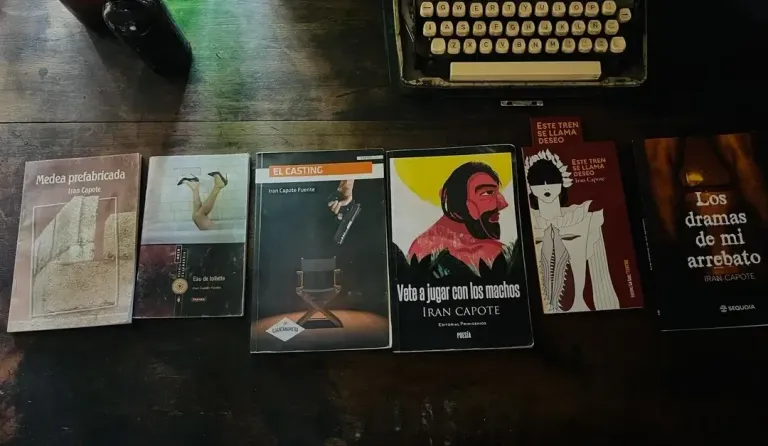

Una vez, con nueve o diez años, en mi casa les dio por cultivar una variedad de plátanos llamada “Fhiat”.
Los fhiat son unos plátanos casi tan grandes como los plátanos machos, pero son más ricos para comer como frutas. Pues sembraron no pocas plantas de aquella variedad y cuando llegó el momento de la cosecha, comimos plátanos hasta por los codos.
Pero los fhiat tenían (o tienen, porque no han desaparecido) una condición con la que no contaba nadie en mi familia: cuando dicen a madurar, se maduran todos a la vez. Y por muy goloso que sea el organismo, por mucho hambre que mataran en aquellos años no tan terribles como estos, no había manera humana de comerse todos aquellos plátanos antes de que se pusieran prietos.
Eran muchos. Recuerdo casi todo el suelo de la cocina lleno de aquellas frutas amarillas. Y también recuerdo que mi madre, desesperada y siempre más alerta que el resto de nosotros, me dijo: “Ponte los zapatos que te vas conmigo a vender los plátanos en una carretilla”.
¡¡¿Qué, qué?!!. Me quedé aterrado con la orden indiscutible de mi mamá. No me veía yo cargando una carretilla de plátanos por todo el barrio. Sentía mucha vergüenza, la verdad. Y no hacía más que pensar en la cara de los niños de mi aula cuando me vieran en aquel asunto.
Pero mi madre ya estaba lista, los plátanos organizados en la carretilla y yo no tuve más opción que ponerme los zapatos, creo que una gorrita y salir por los caminos empujando la carretilla, mientras mi madre, sin una gota de vergüenza, vociferaba a los cuatro vientos que se vendían plátanos maduritos y de buena calidad.
La gente los compró todos. Y cuando pensé que se había acabado el asunto, ella me dijo: “Hay que ir a la casa a buscar los que quedaron. “
Así que, hubo una segunda vuelta en la venduta de plátanos.
Durante la noche de ese día, temiendo que al día siguiente, mi madre quisiera repetir la jornada, me le acerqué y le dije que no pensara en que yo repetiría al día siguiente, porque aquello me daba mucha vergüenza. Ella, tan práctica y sabia como siempre, me dijo: “Esos plátanos no son robados, son fruto del trabajo de esta casa. Y lo que debería darte vergüenza es que se pudran ahí. Además, a todo el barrio le gustaron mucho.”
Tenía razón. Y en el fondo yo lo sabía. Pero de todas maneras yo no quería sentir más vergüenzas porque me vieran vendiendo plátanos.
Han pasado muchos años de aquello. Ya no soy niño. Ya no hay plátanos fhiat en el patio de mi casa. Mi madre sigue vendiendo todo lo que aparezca. Y yo, que me hice escritor y toda esa vaina, también promociono equipos electrodomésticos en páginas de ventas. La mayoría de las veces sin que se muestre mi nombre porque en el fondo sigo sintiendo vergüenza.
Con esa misma vergüenza, he comenzado a vender mis libros en Amazon. Y créanme, que cada vez que publico un post promocional, me viene el recuerdo de mi madre vendiendo los plátanos de aquella carretilla.
Y entonces me llega cierta apretazón en el pecho, cierta vergüenza arrastrada desde aquel niño que un día tuvo que ponerse los zapatos y empujar la carretilla.
Pero luego lo pienso más profundo: ¿Y por qué sentir vergüenza por un libro que es fruto de mi intelecto, de mi trabajo. Un libro que no le he robado a nadie y que además, a la gente del gran barrio que es el mundo puede gustarle mucho?
Así que, cada vez que me vean publicando promociones sobre mi propio libro, cómprenme o déjenme pasar libremente por el camino mientras empujo mi carretilla.
Las imágenes utilizadas en la publicación son de mi propiedad tomadas con mi móvil Xiaomi. Traducción al Inglés por Deepl Traslate. Puedes encontrarme en los siguientes perfiles de redes sociales: Twitter, Instagram.
Once, when I was nine or ten years old, my house happened to grow a variety of bananas called "Fhiat".
Fhiat bananas are almost as big as male bananas, but they are better to eat as fruit. So they planted quite a few plants of that variety and when harvest time came, we ate bananas up to our elbows.
But the fhiat had (or have, because they haven't disappeared) a condition that no one in my family was counting on: when they start to ripen, they all ripen at the same time. And no matter how greedy the organism is, no matter how much hunger they killed in those not-so-terrible years, there was no human way to eat all those bananas before they became firm.
There were so many of them. I remember almost the entire kitchen floor full of those yellow fruits. And I also remember that my mother, desperate and always more alert than the rest of us, said to me: "Put on your shoes, you're going with me to sell the bananas in a wheelbarrow".
What, what?!!!!. I was terrified by my mother's indisputable order. I couldn't see myself carrying a wheelbarrow of bananas around the neighbourhood. I felt very ashamed, to be honest. And I could only think of the faces of the children in my class when they saw me in that situation.
But my mother was ready, the bananas organised in the wheelbarrow, and I had no choice but to put on my shoes, a beanie I think, and go out on the roads pushing the wheelbarrow, while my mother, without a drop of shame, shouted to the four winds that ripe, good quality bananas were for sale.
People bought them all. And when I thought the matter was over, she told me: "You have to go to the house to get the ones that were left. "So, there was a second round of bananas.
During the night of that day, fearing that the next day, my mother would want to repeat the day, I approached her and told her not to think that I would repeat the next day, because I was too embarrassed. She, as practical and wise as ever, told me: "Those bananas are not stolen, they are the fruit of the work of this house. And what you should be ashamed of is that they rot there. Besides, the whole neighbourhood liked them a lot."
He was right. And deep down I knew it. But I didn't want to be ashamed of being seen selling bananas.
Many years have passed since then. I am no longer a child. There are no more fhiat bananas in my backyard. My mother still sells everything that appears. And me, having become a writer and all, I also promote household appliances on sales pages. Most of the time without my name being shown because deep down I still feel ashamed.
With that same embarrassment, I have started selling my books on Amazon. And believe me, every time I publish a promotional post, I am reminded of my mother selling bananas from that wheelbarrow.
And then I get a certain tightness in my chest, a certain shame dragging from that little boy who one day had to put on his shoes and push the wheelbarrow."
But then I think about it more deeply: why feel ashamed for a book that is the fruit of my intellect, of my work. A book that I haven't stolen from anyone and that, moreover, the people of the great neighbourhood that is the world can like very much?
So, whenever you see me posting promotions about my own book, buy me or let me pass freely on the road as I push my wheelbarrow.
The images used in the publication are my own taken with my Xiaomi mobile phone. English translation by Deepl Translate. You can find me on the following social media profiles: Twitter, Instagram.

For the best experience view this post on Liketu


¡Fantástica promoción que sin dudas traerá frutos!
Eso espero amigo agradecido por su generosidad
Tu mamá se parece muchísimo a mi papá, desde chamaco hemos tenido que hacer cosas como estas, pero nada que avergonzarse, buena promoción de tu libro, éxitos también acá en la colmena.
Gracias querido saludos cordiales
Ya de leer el título estoy y enganchada. Y sé que lo voy a comprar.
Ya eres consciente de esa vergüenza absurda, ahora no hay quien te pare. Hoy en día cada quien tiene que ser su propio community manager y agente de marketing. Y esta storytelling de marketing me ha encantado !!!
Muchas gracias amiga Sara por tus buenos deseos, espero disfrutes de este libro que ya es otro de mis niños 🙃🌻